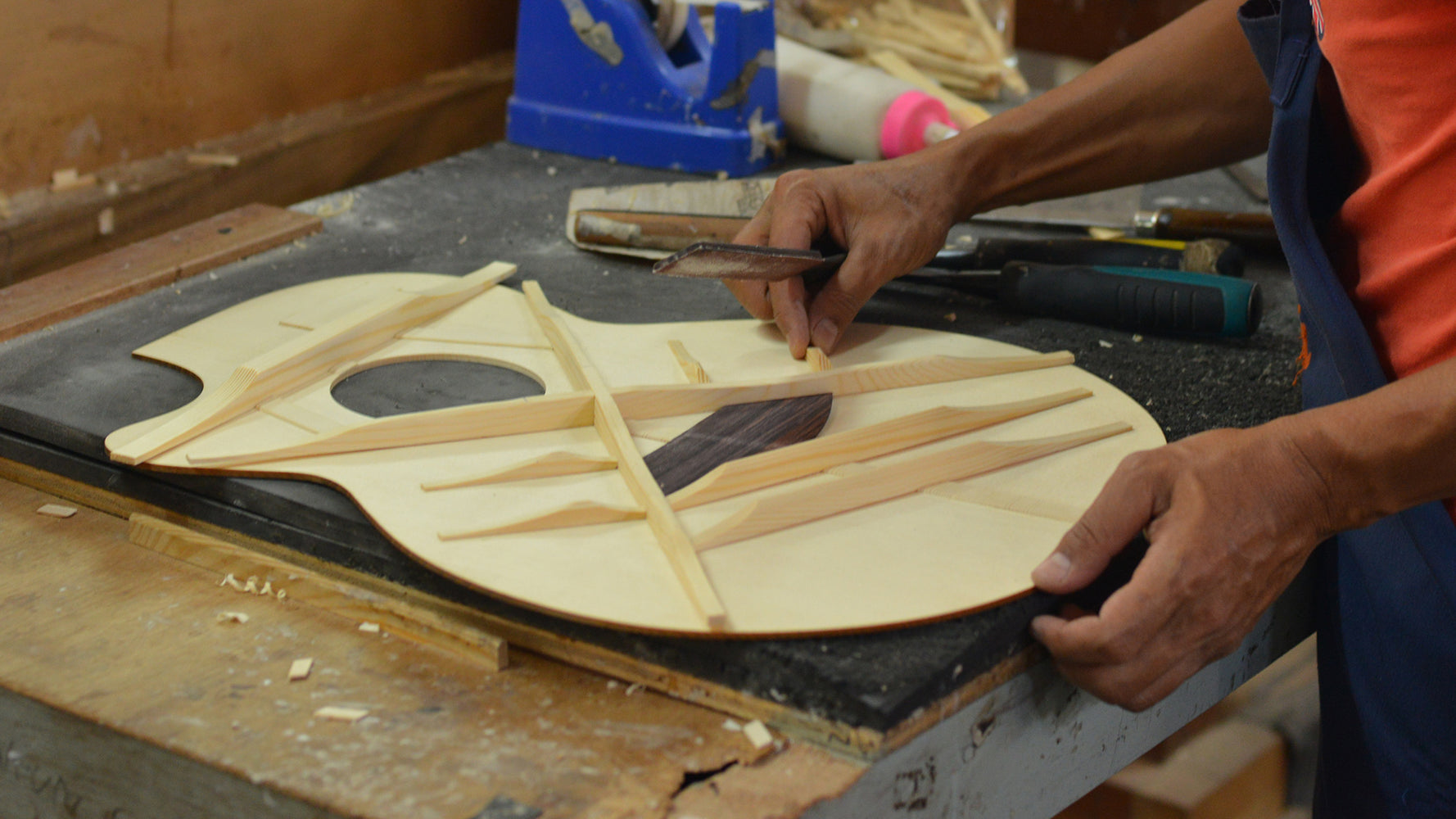Learn Why We Make Guitars by Hand
In a world that loves a bit of automation and efficiency, the idea of hand-making anything can perhaps seem a bit quaint. After all, if a machine can churn out the same thing, over and over again, to within fractions of a millimetre, then why would we bother with the mess and comparative unpredictability of human hands?
And yet, here we are: still making guitars by hand and still believing it matters too, and continuing to experience the difference.
The question is: why bother?

The Rise of the Machines

The Conveyor Belt Guitar

The Case for Craft

Beyond Guitars: The Human Touch Elsewhere

Why We Still Build by Hand

